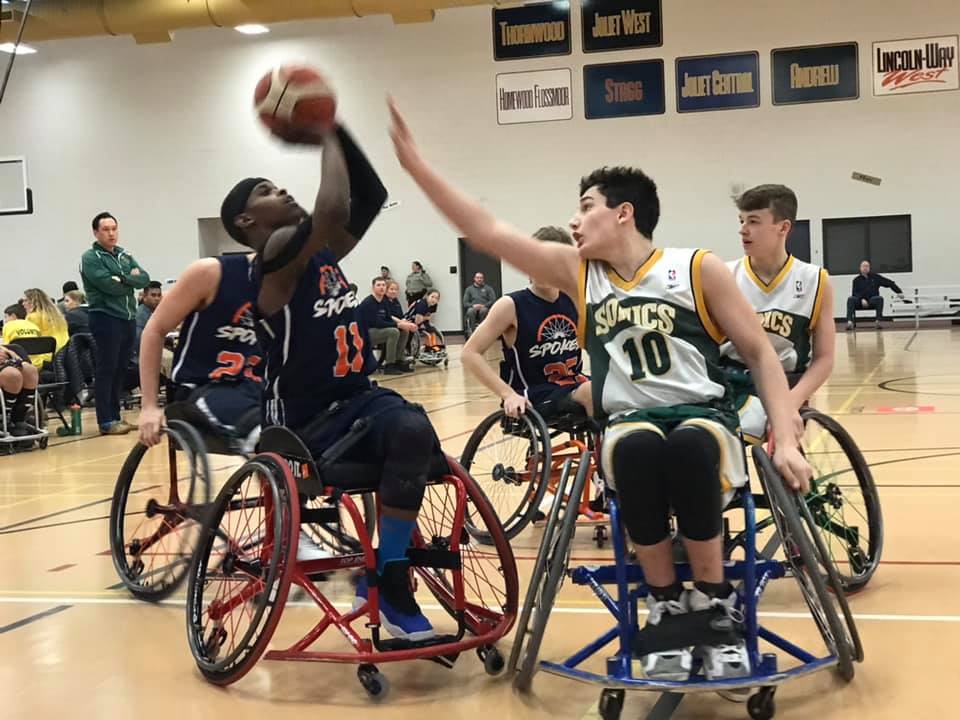Narrative Call to Action
Tell Stories That Inspire People to Coach
Stories evoke emotions and are powerful tools of persuasion. They help potential coaches see themselves in the role and understand the impact they could have. Whether it’s a parent on the sidelines or a young athlete-turned-mentor returning to their community, powerful stories bring coaching to life.
→What this looks like when we get it right: People regularly see and hear stories of coaches that inspire them to consider the role.
→Who can drive this change? Program Operators; Sports Governance; Media, including marketers and advertisers; Pro/College Sports; Apparel and Equipment; Technology; Service & Standards

Why This Issue
Storytelling is one of the most powerful ways to shift perceptions, spark empathy, and drive people to act. In youth sports, stories are more than feel-good moments – they’re tools for cultural change. The stories we choose to tell shape who sees themselves as a coach and what they believe coaching can be. When we share real stories of coaches who lead with empathy, come from different backgrounds, and focus on building confidence instead of fear, we expand the definition of who belongs.
Getting Started
Inspire and educate through relatable stories. Stories of real people and human impact help potential coaches understand the rewards of coaching, the difference they can make, and the support that exists to help them succeed. A story about a first-time coach sharing the journey into the role can create a deeper connection than any flier or job description ever will. A video showing a coach with a background like their own, helping a kid build confidence can move someone from on-the-fence to all-in.
Make storytelling a recruitment strategy. Highlighting diverse journeys, especially from people who didn’t think they “fit the mold,” helps reach new audiences. Stories rooted in lived experience signal belonging and possibility. They say: “You don’t need to be an expert in the sport. You don’t need to have been an athlete. You just need to care.”
Collect assets that help tell stories. Organizations across the youth sport ecosystem – clubs, leagues, brands, and media – can collect and share these stories. That includes peer-to-peer storytelling, showcasing youth and volunteer coaches, using inclusive images and language, and creating ways for communities and teams to tell their own stories. This also means storytelling with data – sharing insights from coach surveys, parent feedback, or athlete voices that show what makes coaching meaningful and sustainable.
Ultimately, storytelling is about building a movement. A movement that sees coaching as a deeply human role. Where everyone can picture themselves as a coach. And where coaching is understood as one of the most powerful ways to shape kids’ lives and help communities thrive.
Game Changing Content
| Item | Description |
|---|---|
| Chiene Joy Jones | A Women’s History Month feature from PCA of a leader building a mentorship-focused youth sports program in NYC. |
| Jareem Gunter, 2025 PCA Coach of the Year | Celebrations of a leader changing lives through coaching basketball in California. |